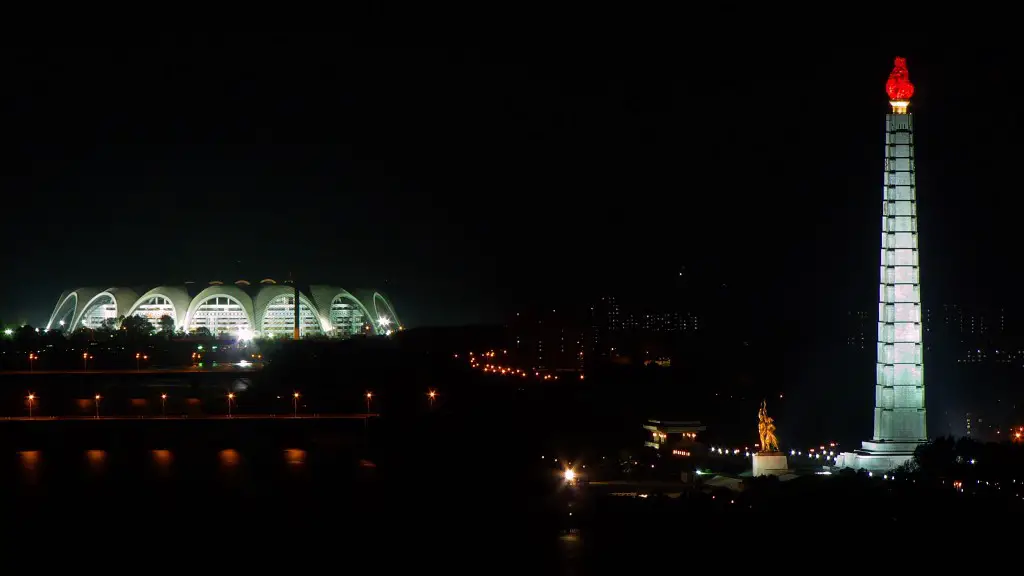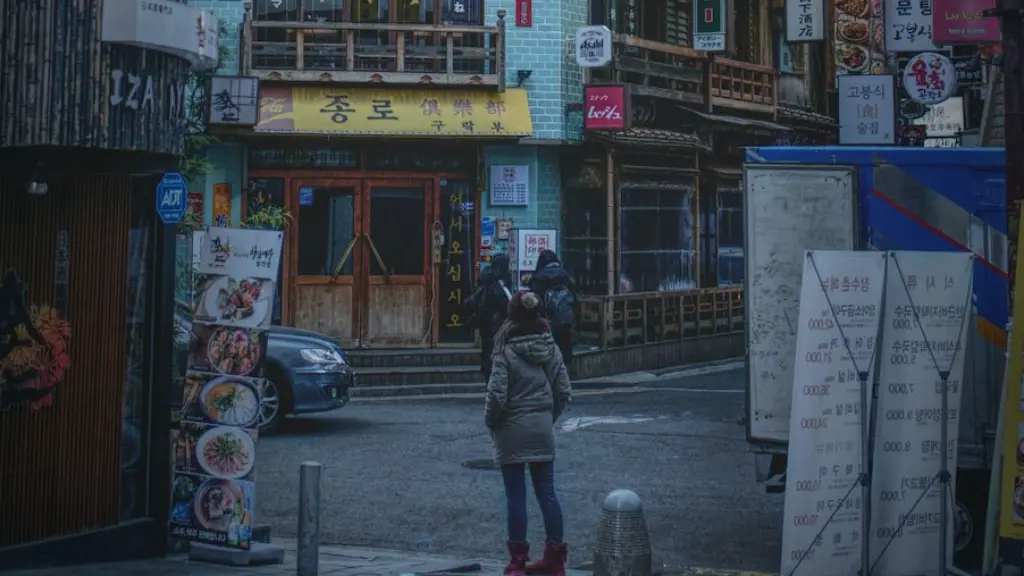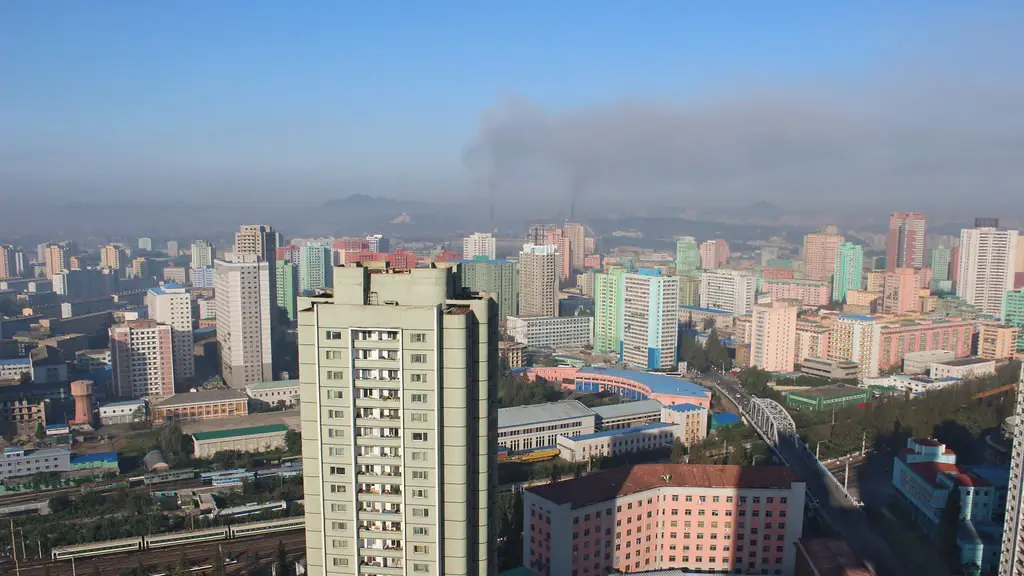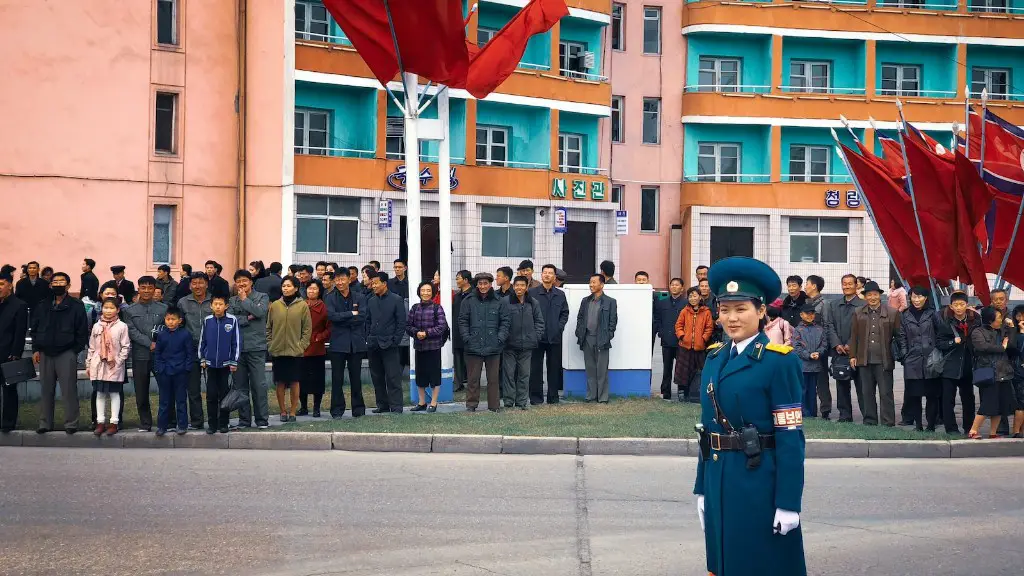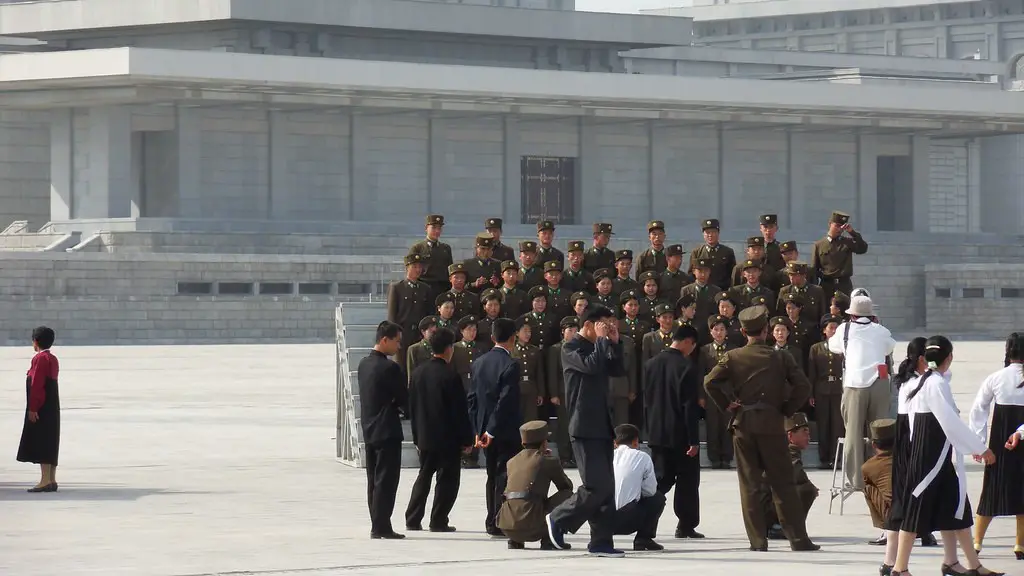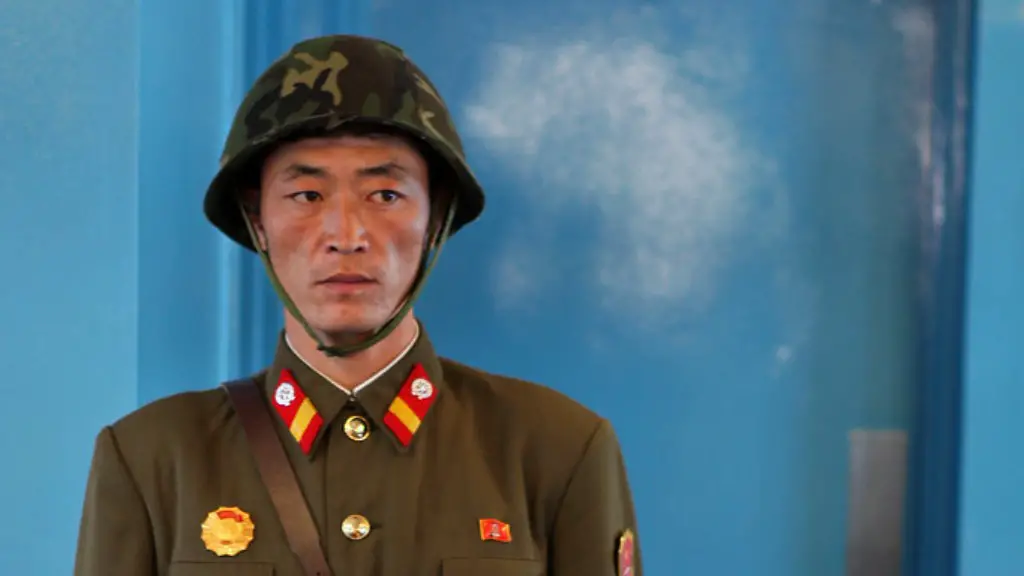History of North Korea
Since its independence from Japan in 1945, North Korea has been ruled by the same ruling dynasty, the Kim family, to this day. After a period of instability, the country proclaimed itself the Democratic People’s Republic of Korea (DPRK) in 1948. It has remained under the Kim family’s oppressive rule for the past seventy years since.
The country has passed down its ruling power from grandfather to son and father to grandson, with the latest leader, Kim Jong-un, taking power in 2011. North Korea is a one-party state, which means all power is concentrated in the hands of the ruling Kim family and its allies. This means that North Korea is not a democratic country.
Ruled as a totalitarian dictatorship, North Korea has a constitution which insists on ‘the Juche idea of self-reliance, focussing on the individual, society, and the nation’. While there is the notion of an ‘electoral college’, it is in fact a predetermined election system – the country is far from democratic.
Domestic Policies of North Korea
Under the rule of the Kim family, the North Korean government has implemented a series of oppressive laws to enforce conformity and obedience to its ideology. It has been reported that the North Korean civil and penal codes have extremely harsh punishments for any acts of dissent.
North Korea has blocked all forms of free speech, press and media are strictly controlled, and an extensive secret police force monitors the activities of the population. Human rights are almost non-existent, and international organizations like Amnesty International have documented numerous cases of torture, persecution and imprisonment of the North Korean people.
Freedom of assembly is also heavily restricted with the government famously crushing protests and punishing organizers of public, unsanctioned rallies. In summary, North Korea does not adhere to democratic practices in any shape or form.
International Policies of North Korea
Not surprisingly, North Korea has also been found guilty of numerous violations of international law. Its government has been criticized for developing weapons of mass destruction and illegally testing them, threatening to use them against its enemies and neighbours.
Furthermore, it has been accused of systematically violating the human rights of its own citizens, as well as those of its neighbouring states. North Korea has also been found guilty of conducting cyber-attacks against other countries, as well as committing numerous acts of piracy.
In short, North Korea’s international policies are far from democratic, and despite its public attempts to improve its standing in the international community, North Korea is still considered a pariah state due to its continued repression of its people and disregard for international law.
North Korean Presidential Elections
North Korea holds presidential elections every five years. However, it is widely accepted that these elections are predetermined and do not represent true democratic processes
The most recent presidential election was held in 2014. Despite the election’s official description as a ‘democratic choice’ and ‘democratic exercise of the nation’s sovereignty’, the result was a foregone conclusion as it was Kim Jong-un’s name on the ballot.
Kim Jong-un was elected with 100% of the votes, making it a ‘sham election’ according to some international observers. This only serves to further prove that North Korea is far from a democratic country.
North Korea’s Relationship with the US, China and Russia
North Korea’s relationship with the US remains strained, to say the least. The US has imposed numerous economic sanctions on North Korea in an attempt to persuade the country to abandon its nuclear programme and missile tests.
North Korea also remains heavily reliant on China and Russia for support, two countries which both have a vested interest in the ongoing stability of the Korean Peninsula. However, both countries have also expressed their disapproval at the country’s actions and have implemented their own sanctions.
Despite the best attempts of both countries, North Korea’s relationship with the US and its allies remains tense, to say the least. It is clear that North Korea is far from a democratic nation.
International Reactions to North Korean Affairs
In terms of international opinion, many believe that North Korea is a despotic regime, ruled by an oppressive regime which disregards international law and pursues nuclear weapons that are potentially threatening to its neighbours.
Many have also criticised the North Korean government’s refusal to embrace democracy. As it stands, North Korea is still largely isolated from the international community and its leaders remain highly unpopular.
The international community has been pushing for North Korea to embrace democracy, but the North Korean government has remained stubborn in its refusal. Until it does, it cannot be considered a democratic country.
U.S Policy Towards North Korea
The US has always had an uneasy relationship with North Korea and is often at odds with the country over its nuclear ambitions.
The US has long been an outspoken critic of North Korea’s human rights record and its refusal to become a democratic nation. In 2016, the US Congress passed the North Korea Sanctions and Policy Enhancement Act in order to increase pressure on North Korea to become a more open, democratic society.
However, despite diplomatic efforts and sanctions, the US has yet to make any significant progress in persuading North Korea to abandon its nuclear ambitions and move towards true democracy.
Conclusion
In conclusion, it is clear that North Korea is far from a democratic country. Its oppressive government and disregard for international law has led to it being widely viewed as an oppressive, totalitarian regime by the international community. Despite diplomatic efforts, it is yet to be seen whether North Korea will ever embrace democracy.
